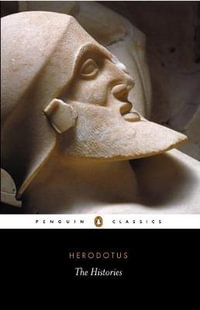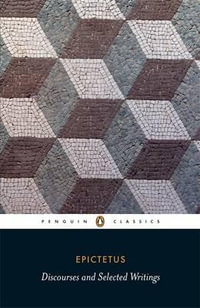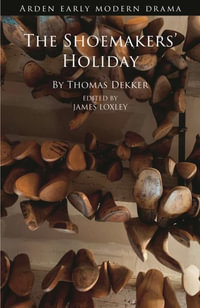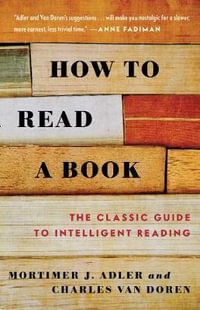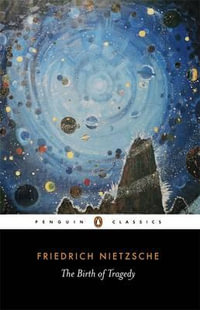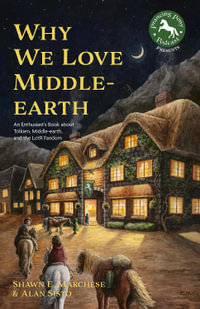Certain simple and stereotypical images of Wales strike an immediate chord with the public, both in Wales itself and beyond its borders. For much of the twentieth century, the country was thought of as 'The Valleys', a land of miners and choirs and rugby clubs. This image of a 'Proletarian Wales' (with its attendant Socialist politics) dominated popular imagination, just as the image of 'Nonconformist Wales' a Wales of chapels and of a grimly puritan society had gripped the imagination of the High Victorian era. But what of the Wales of the late Victorian and Edwardian decades? What image of Wales prevailed at that time of revolutionary social, economic, cultural, religious and political change? This book argues that several competing images of Welshness were put in circulation during that time, and proceeds to examine several of the most influential of these as they took the form of literary texts.
Industry Reviews
"Focusing on a crucial period of dynamic instability in the formation of modern Welsh culture, this engaging study offers compelling insights into the uses of history and myth in the construction of competing models of Welsh national identity within a British context. With its subtle analysis of a wide range of texts in both Welsh and English and its deft application of theoretical approaches, this is cultural criticism at its most stimulating."--Professor Dafydd Johnston, Director of the University of Wales Centre for Advanced Welsh and Celtic Studies
"The turn of the twentieth century was a pivotal time of redefinition for Wales's relation with England. As the powerful assimilatory forces in Victorian Britain began to weaken, a fraught home-rule movement, Cymru Fydd, coincided with signs of a crisis in Nonconformist dominance over the Welsh nation, with the first serious fears for the future of the Welsh language, and with contention about the place of the Principality in international and imperial settings. This brilliant book explores the ambiguities in Welsh culture of those years. In a series of sparkling vignettes, Wynn Thomas analyses key witnesses--from the famous educator O. M. Edwards to half-forgotten writers like Beriah Gwynfe Evans, Owen Rhoscomyl and Arthur Machen--and conducts virtuoso explorations into the symbols and myths of Welsh nationhood at the time, from the civic statuary in Cardiff City Hall to the myriad (often disconnected, even contradictory) appeals to 'Celtic' identity and to the legendary King Arthur. The result is a pioneering and powerful study of the roots of modern Welsh identity."--Regius Professor Emeritus Robert Evans, University of Oxford
"This remarkable book, written with a compelling mixture of passion and poise, will be required reading not only for those interested in the origins of modern Welsh identities but for anyone who is interested in the complex interplay between languages, cultures, and nation-building."--Professor Michael Cronin, School of Applied Languages and Intercultural Studies, Dublin City University


